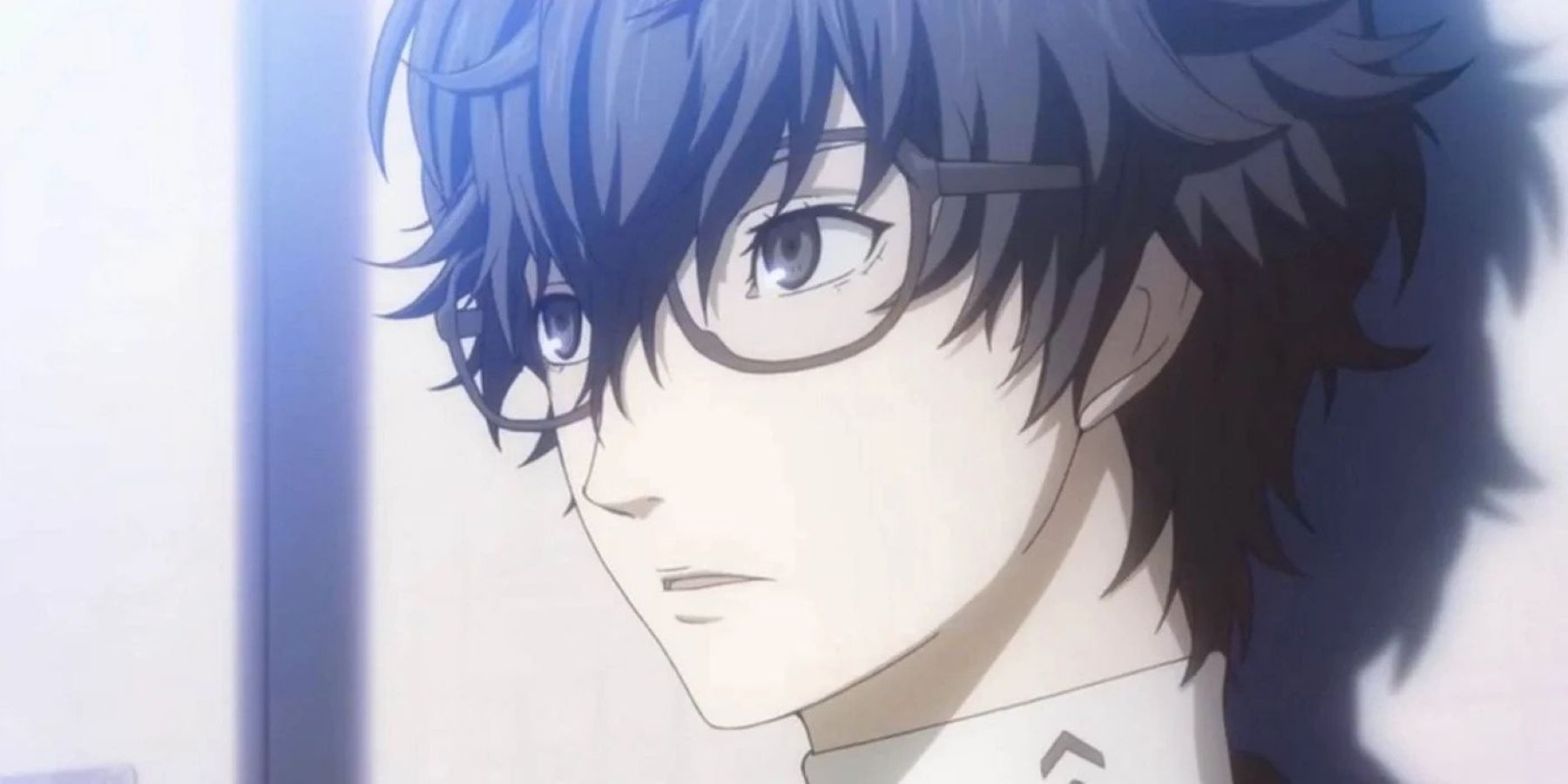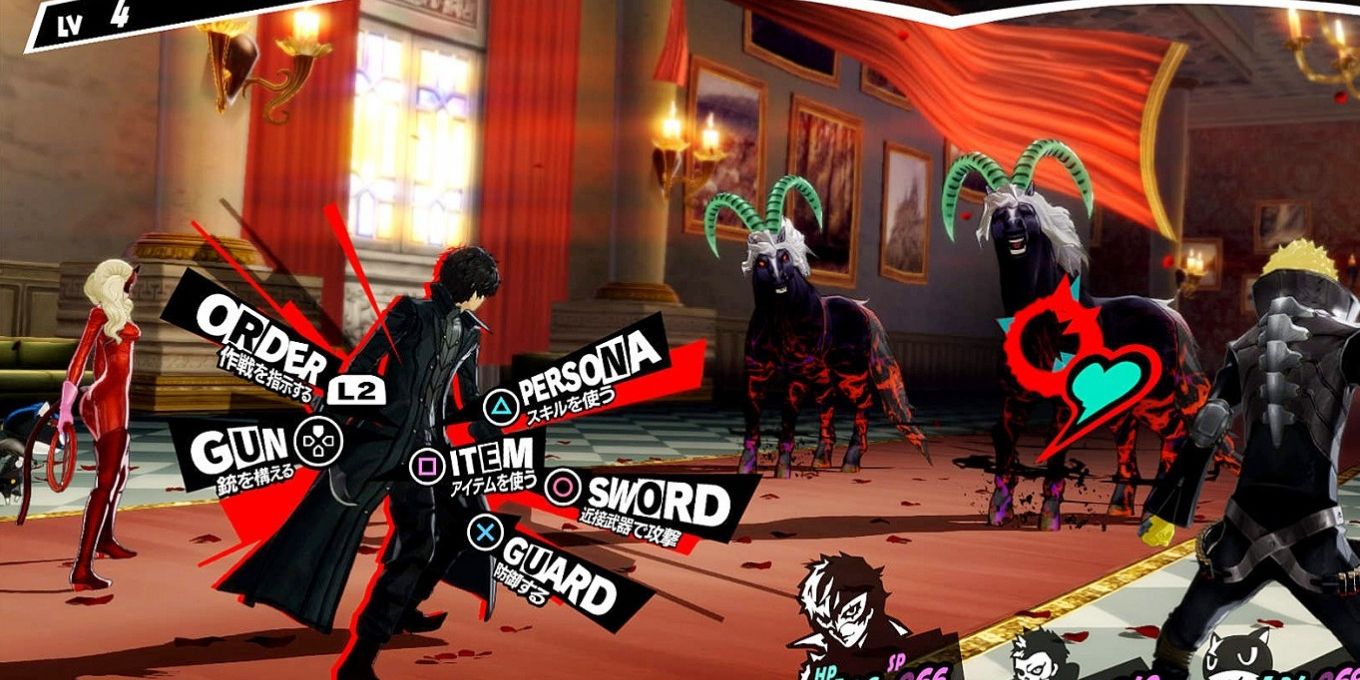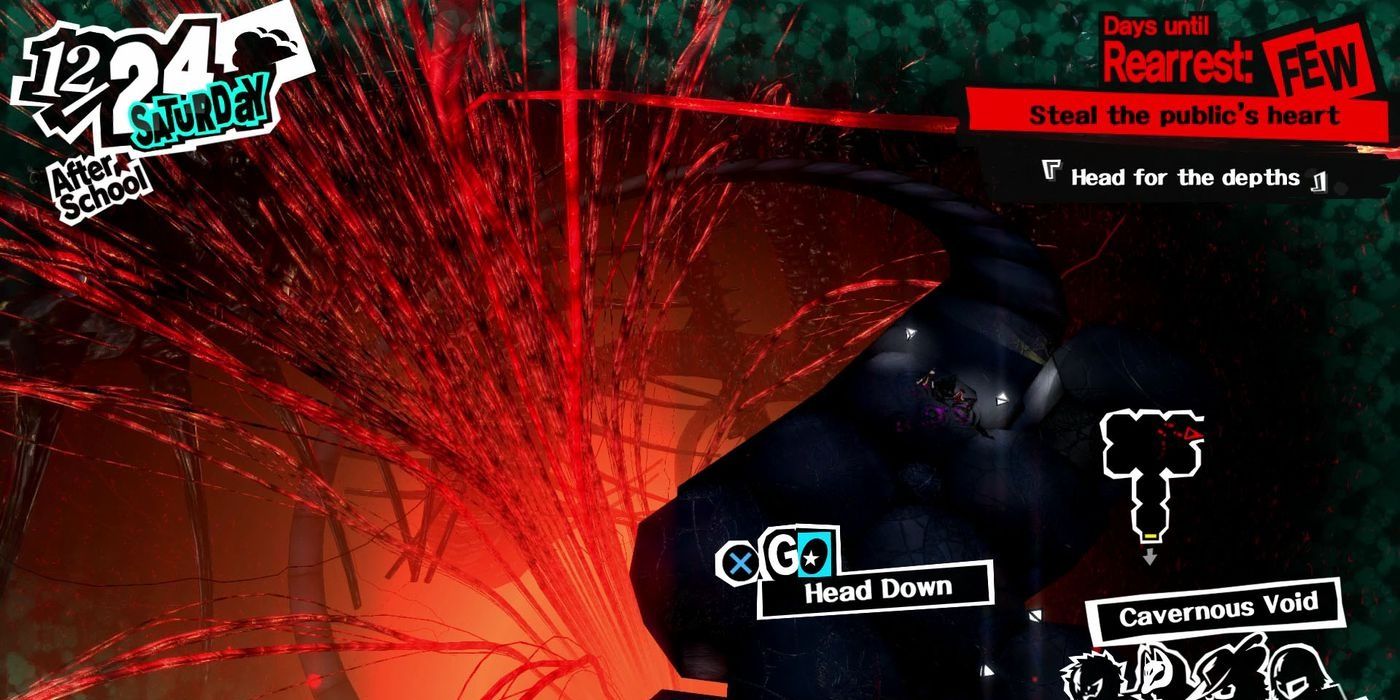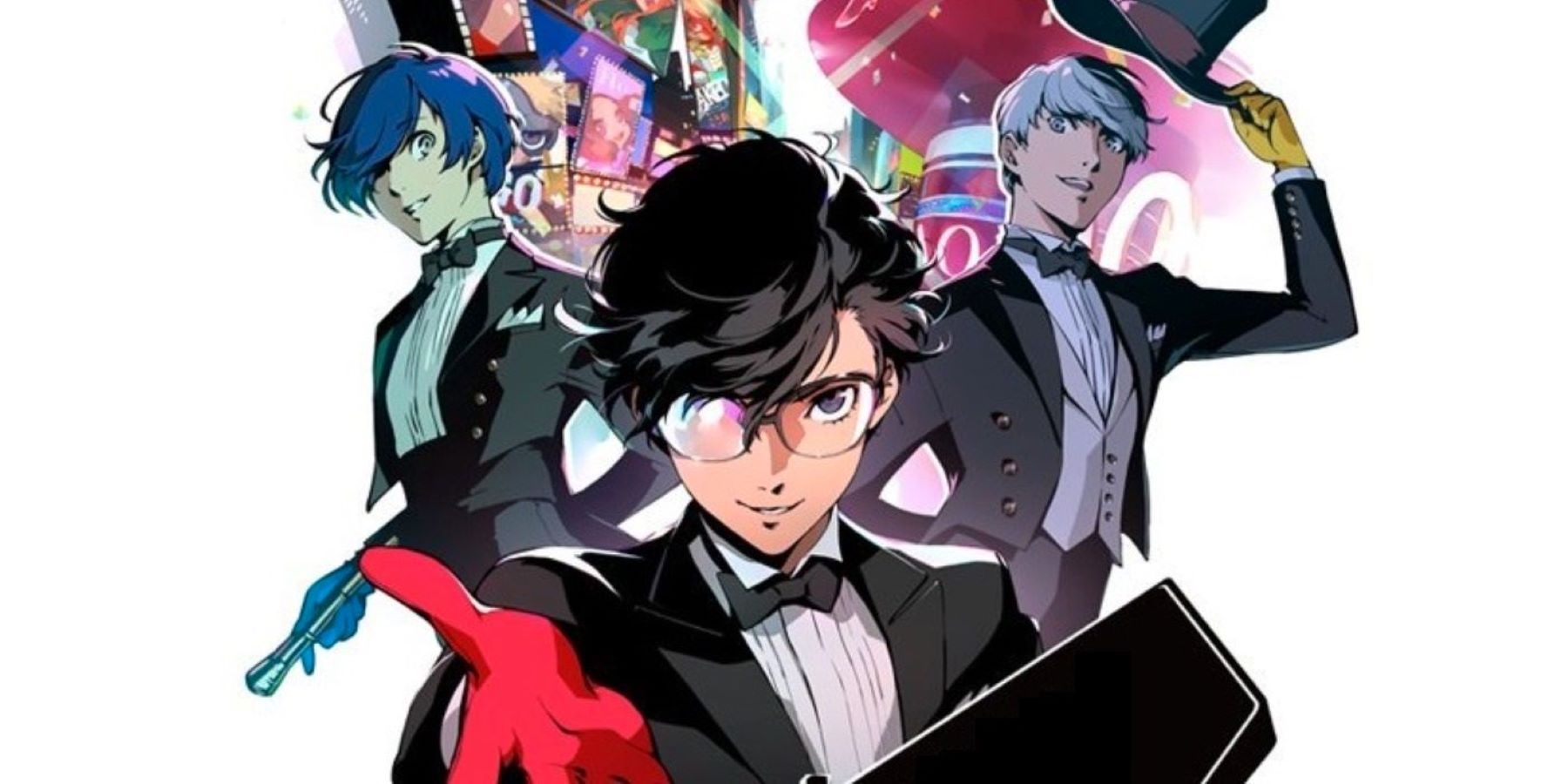Since Persona 3 hit shelves in 2006 the franchise has been on an upward trend that has shown no signs of stopping. Traveling though the PS2, PS3, and even PlayStation Vita before it arrived on the PS4, Persona has solidified its place amongst the best in the JRPG genre. As such, anticipation has built massively for the announcement and subsequent release of Persona 6 that will likely take players on yet another journey into the hearts of not only its fans, but its characters as well. The Atlus-developed series is celebrating its 25th anniversary in 2022, and so its popularity seems to be at an all-time high.
However, quarter of a century on the market and in the homes of millions means that there are plenty of mechanics and features that feel outdated or are in desperate need of change. Persona fans are passionate about the franchise they love, but with JRPG powerhouses like Final Fantasy, Dragon Quest, and Tales all evolving with the times, it's becoming harder to stay modern. Persona 6 has the opportunity to once again prove it is deserving of the adoration it so frequently receives, but this may depend on its willingness to set aside some of its otherwise stalwart traditions in search of true innovation.
Persona's Turn-Based Combat is Outdated
To dismantle something doesn't mean to lose it entirely. Sometimes mechanics must be tweaked and philosophies have to be reconsidered in order to facilitate positive change. It's rare to come across a high budget, AAA role-playing franchise that still uses a somewhat simplistic turn-based combat system, but Persona has remained largely unchanged for years. There are a handful of presentational flourishes and minor additions to make it more fun than ever, but comparing it to other JRPGs it's clear that Persona's pacing suffers because fights feel more cumbersome. On the other hand, Persona 5 Strikers felt fresh and places the characters into a system that was far more immediately gratifying.
Final Fantasy 7 Remake wields a combat system that feels fluid and exciting, while also remaining faithful to the turn-based beginnings of the franchise. This component helps carry the game into critical acclaim, and Persona 6 would do well to change its combat similarly. That's not to say it has to be a frantic action affair, but there is significant room for improvement and evolution to ensure the battles feel in-keeping with its simply stunning presentation. Breaking tradition here would be smart, as it would acknowledge the industry's obvious departure from turn-based combat that it has relied on in decades past.
Procedural Generation is a Product of its Time
Persona 5 did well to make each of its eight palaces feel unique, especially in comparison to Tartarus in Persona 3 or the TV World in Persona 4. The latter games relied on procedurally generated levels to make each dungeon feel like a challenge, but this also made each one feel like a re-skinned version of the last. Corridors are boring, and the Shadows feel randomly and unevenly placed, making each trip feel like a chore. These Persona RPGs are a grinder's paradise, though, so it wasn't a surprise that Persona 5 leaned into the format once again for some of its side content.
Mementos feels like a stark difference from the carefully and beautifully crafted palaces of Persona 5. Because of this, players may be even more reluctant to explore the former, and while the series' beginnings required procedural generation for their level design, it's clear that this should either be reworked or removed entirely. Mementos is an interesting narrative idea, being a collective cognition of everyone's hearts, but the level design simply pales in comparison to the likes of Kamoshida's or Futaba's Palace, so it sticks out like a sore thumb.
Persona is a Seemingly Never-Ending Adventure
Perhaps the most polarizing thing about Persona is the size of each game. Plenty of games in the series take many dozens of hours to complete, and yet each game seems to be larger than the last. Whereas Revelations: Persona on the PS1 takes a hair over thirty hours to finish, Persona 5 requires over three times that. If it's a Persona tradition to make subsequent games take more of the player's time to beat, then it's one that has to be dismantled immediately. Persona is known for its characters and storytelling, but at a point it's important to end the tale and say goodbye. With most games receiving upgraded versions not long after, the size of each game makes it feel as though there's no time to let it sink in before there's a re-release.
Persona 6 should be shorter than Persona 5 and prioritize compact pacing and writing. Some of the finest JRPGs of all time like Chrono Trigger, Ni No Kuni, and Final Fantasy 6 don't exceed 45 hours, and their greatness is helped rather than hindered by their length. Persona 6 needs to understand that sometimes less is more, so breaking tradition and making the next game shorter would be a wise and welcome change.
Persona's Reliance on Tradition is its Biggest Drawback
While there are some components like presentation and characters that show that Persona is a trailblazer, others like its combat and level design make it easy to see that its innovation only goes so far. 2022 could be a big year for the Persona franchise, and it's in the prime position to make yet another leap into JRPG royalty when Persona 6 eventually releases.
However, in the pursuit of greatness, it's sometimes important for Atlus to let go of some of the things it used to get to where it is today. Honoring the series' beginnings while committing to the change that is often truly needed is a tough line to tread, but it is one that needs walking. Persona's past is absolutely worth experiencing, but many of its traditions should stay there.
Persona 6 is in development.





